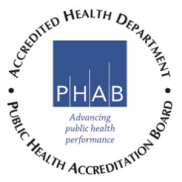The BRFSS questionnaire is designed by a working group of BRFSS state coordinators and CDC staff.
Currently, the questionnaire has three parts: 1) the core component, consisting of the fixed core, rotating core, and emerging core, 2) optional modules, and 3) state-added questions.
All health departments must ask the core component questions without modification in wording; however, the modules are optional.
The fixed core is a standard set of questions asked by all states that includes questions on demographic characteristics, plus queries on current health behaviors, such as tobacco use and seatbelt use. The rotating core is made up of two distinct sets of questions, each asked in alternating years by all states, addressing different topics. In the years that rotating core topics are not used, they are supported as optional modules. The emerging core is a set of up to five questions that are added to the fixed and rotating cores. Emerging core questions typically focus on “late breaking” issues. These questions are part of the core for one year and are evaluated during, or soon after the year concludes to determine their potential value in future surveys.
Downloads
- BRFSS Questionnaire 2024
- BRFSS Questionnaire 2023
- BRFSS Questionnaire 2022
- BRFSS Questionnaire 2021
- BRFSS Questionnaire 2020
- BRFSS Questionnaire 2019
- BRFSS Questionnaire 2018
- BRFSS Questionnaire 2017
- BRFSS Questionnaire 2016
- BRFSS Questionnaire 2015
- BRFSS Questionnaire 2014
- BRFSS Questionnaire 2013
- BRFSS Questionnaire 2012
- BRFSS Questionnaire 2011


